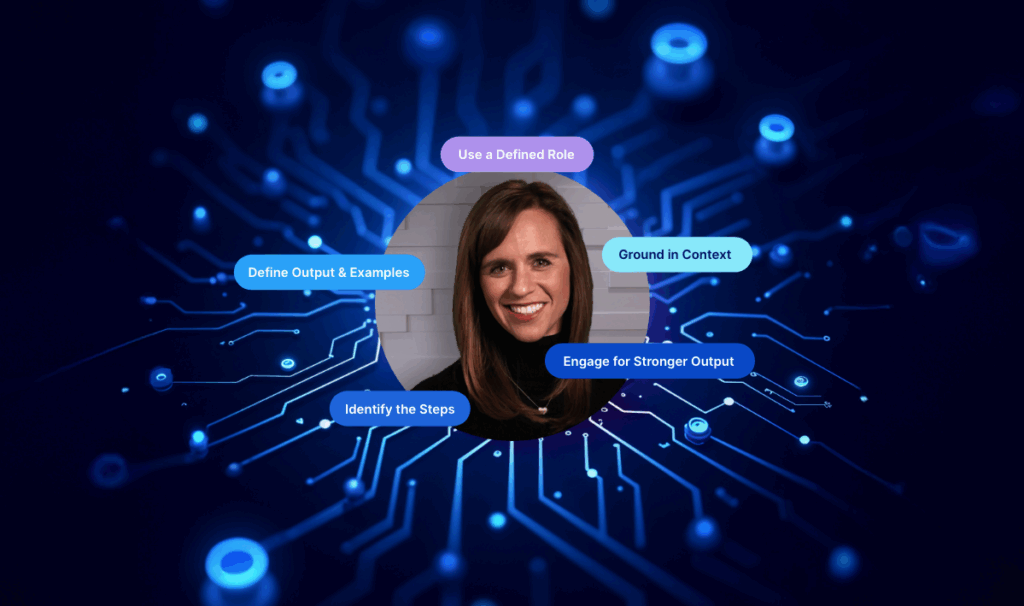In recent years, AI writing tools have transformed how organizations create content, improving efficiency, consistency, and quality across business communications. From drafting proposals to refining reports, AI-powered writing assistants are now standard in many workplaces. But for professionals in highly regulated industries—such as healthcare, finance, and government—the choice of AI tool isn’t just about features and speed. It’s about security, compliance, and trust.
If you work in a regulated sector, you can’t afford to risk confidential data or compromise industry-specific requirements. That’s why it’s essential to understand the limitations of most public AI tools—and why specialized solutions like VT Writer are becoming the go-to choice for compliance-conscious organizations.
Why AI Writing Tools Are Changing the Game
Business writing has always been time-intensive. Whether you’re preparing a compliance report or drafting a funding proposal you need clarity, precision, and a professional tone.
AI writing tools can:
Accelerate drafting – Automating first drafts for documents, reports, and emails.
Ensure clarity – Simplifying complex language for better reader comprehension.
Maintain consistency – Applying organizational style guides automatically.
Reduce human error – Identifying grammar, style, and terminology issues.
In regulated industries, the stakes are even higher: unclear communication can lead to legal risks, compliance violations, or costly misunderstandings. The right AI tool can help reduce these risks—but only if it’s built for your environment.
The Problem with Most Public AI Tools
While platforms like ChatGPT, Jasper, and Grammarly have mass-market appeal, they’re not designed for regulated environments.
Here are three key risks of using public AI tools in healthcare, finance, or government:
1. Data Privacy Concerns
Most public AI writing platforms process your text on shared, third-party servers. This means sensitive information—such as patient data, financial records, or government documents—could be exposed to security vulnerabilities or stored in ways you can’t control.
2. Uncontrolled Model Training
Many free or low-cost AI tools use your inputs to improve their models. This creates a serious compliance red flag if you’re inputting proprietary or regulated content. Once your data is in their training set, you have no control over where it ends up or how it’s used.
3. Lack of Industry-Specific Compliance
Regulated industries often have unique requirements—HIPAA in healthcare, FINRA in finance, or NIST/CMMC standards in government contracting. Public AI tools rarely offer compliance alignment, leaving you exposed to regulatory penalties.
In short: if you work in a regulated sector, using a generic AI writing assistant can put your organization at significant legal and reputational risk.
VT Writer: The AI Writing Tool Built for Regulated Industries
Unlike generic writing platforms, VT Writer was designed from the ground up for secure, compliant business writing in industries where precision, privacy, and policy adherence are non-negotiable.
Key Features for Regulated Environments
100% Secure Deployment – Private cloud and on-premises hosting options mean your data never leaves your controlled environment.
No Data Leakage – Inputs are never used to train public models, ensuring sensitive content stays private.
Industry-Tailored Compliance – Built to help organizations meet the strict requirements of healthcare, finance, and government documentation.
Clarity Scoring – Measures readability and compliance with your internal style guide, helping teams write more clearly and consistently.
Terminology Management – Ensures industry-specific terms are used correctly, reducing errors and misinterpretations.
By combining security, compliance, and linguistic intelligence, VT Writer enables professionals to harness the benefits of AI without risking data integrity or regulatory compliance.
How AI Writing Tools Improve Business Writing in Regulated Industries
For compliance-driven sectors, AI writing tools like VT Writer can deliver measurable benefits:
Faster Document Turnaround – Reduce time spent drafting and revising documents, freeing staff for higher-value work.
Improved Readability – Increase engagement and comprehension for complex reports, policies, and proposals.
Audit-Ready Documentation – Maintain consistency and traceability across all communications.
Reduced Compliance Risk – Proactively identify language that could cause ambiguity, misinterpretation, or non-compliance.
Choosing the Right AI Writing Tool for Your Organization
When evaluating AI writing tools for your regulated industry, look beyond the marketing claims. Assess:
Where and how your data is stored
Whether the AI is trained on your inputs
If compliance with your industry standards is supported
How customization aligns with your style guide and terminology
Generic AI tools may be tempting due to their convenience and low cost, but for regulated sectors, the real cost is the compliance risk.
Final Thoughts
AI writing tools are no longer optional—they’re becoming essential for efficient, high-quality business communication. But in industries like healthcare, finance, and government, the wrong choice could lead to serious consequences.
That’s why organizations in regulated sectors are increasingly turning to VT Writer, the leading AI writing tool built for compliance, security, and clarity.
If your work involves sensitive data, strict regulatory requirements, and the need for clear, consistent communication, don’t gamble with public AI tools. Choose an AI writing solution designed for your world—where precision and privacy aren’t just features, but requirements









